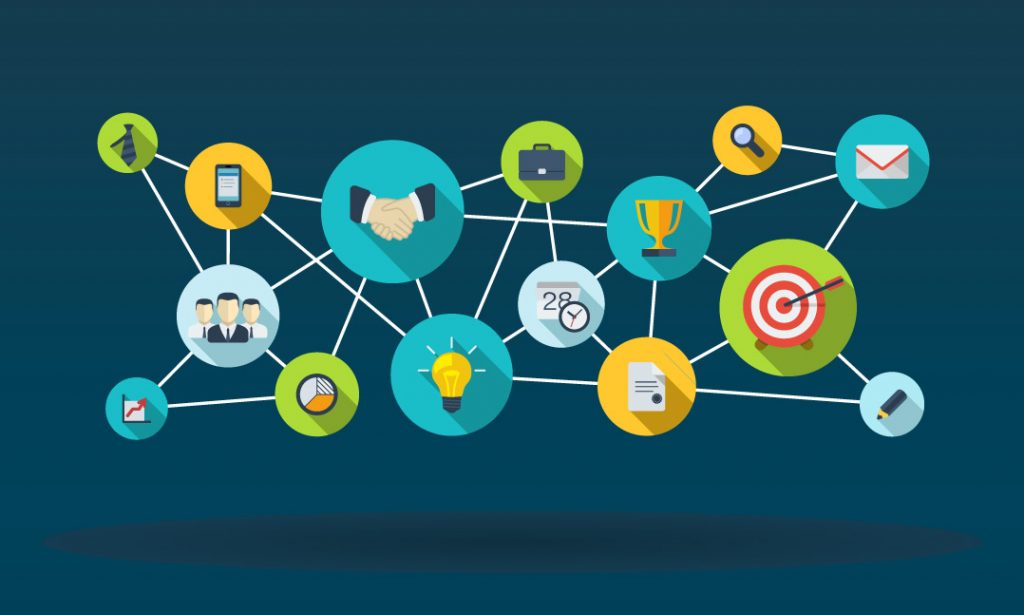The move towards greater integration in business has been one of the key trends of the 21st century. While companies do tend to be divided into departments that reflect specific areas of expertise, these areas increasingly have the nature of “centres of excellence” rather than self-contained business silos.
There is a need for business intelligence to continue to develop to support this and the progress made in the field of artificial intelligence, together with the maturation of blockchain technology, offers the prospect of hugely capable systems which can deliver everything modern management teams require.
Data driven
Big data is neither a joke nor a fad nor a scare story, it’s a reality and, increasingly, a necessity. Good decisions are made based on good information and good information generally comes about as the result of the efficient collection and processing of raw data.
While small businesses may be tempted to think that all of this is way above their heads, the truth is that even micropreneurs are already using data as part of their decision-making process, possibly far more than even they themselves realise.
If you’re regularly checking your website and/or social media statistics, then you’re using data, presumably to make decisions and, as systems develop and it becomes easier for you to collect and analyse data, you’ll learn how to use it to your advantage.
Real-time
Admittedly, it may be some time (if ever) before all business data becomes available in real time, but that is the ideal and, in some cases at least, it’s becoming a reality.
Blockchain technology allows for transaction data to be inputted into all relevant ledgers at the same time, in other words, a person updating one ledger will automatically and simultaneously update all the other ledgers connected to it.
Blockchain is currently associated with financial data in general and Bitcoin in particular but there is nothing to stop it being used for other purposes, from stock-market data to weather reports.
Integrated
Right now, what is possibly the single, biggest annoyance to businesses (and their customers) is that fact that, while there has been a huge drive to get humans to work together in a more holistic manner, in many cases the IT systems on which companies depend still work largely independently of each other.
IT professionals can (and frequently do) come up with all kinds of creative ways to minimise the impact on the end user, but still this is a frustration which both businesses and the IT sector are eager to eliminate.
Over recent years, there has been quite a lot of progress in standardising hardware, the most obvious example being that most mobile phones use the same chargers and memory cards, which is a vast improvement on the days when each manufacturer used their own proprietary formats.
Now, it’s time to start making the same sort of improvement in the world of software with initiatives like the adoption of unified business language, which will make invoices readable by a wide range of financial software packages.

